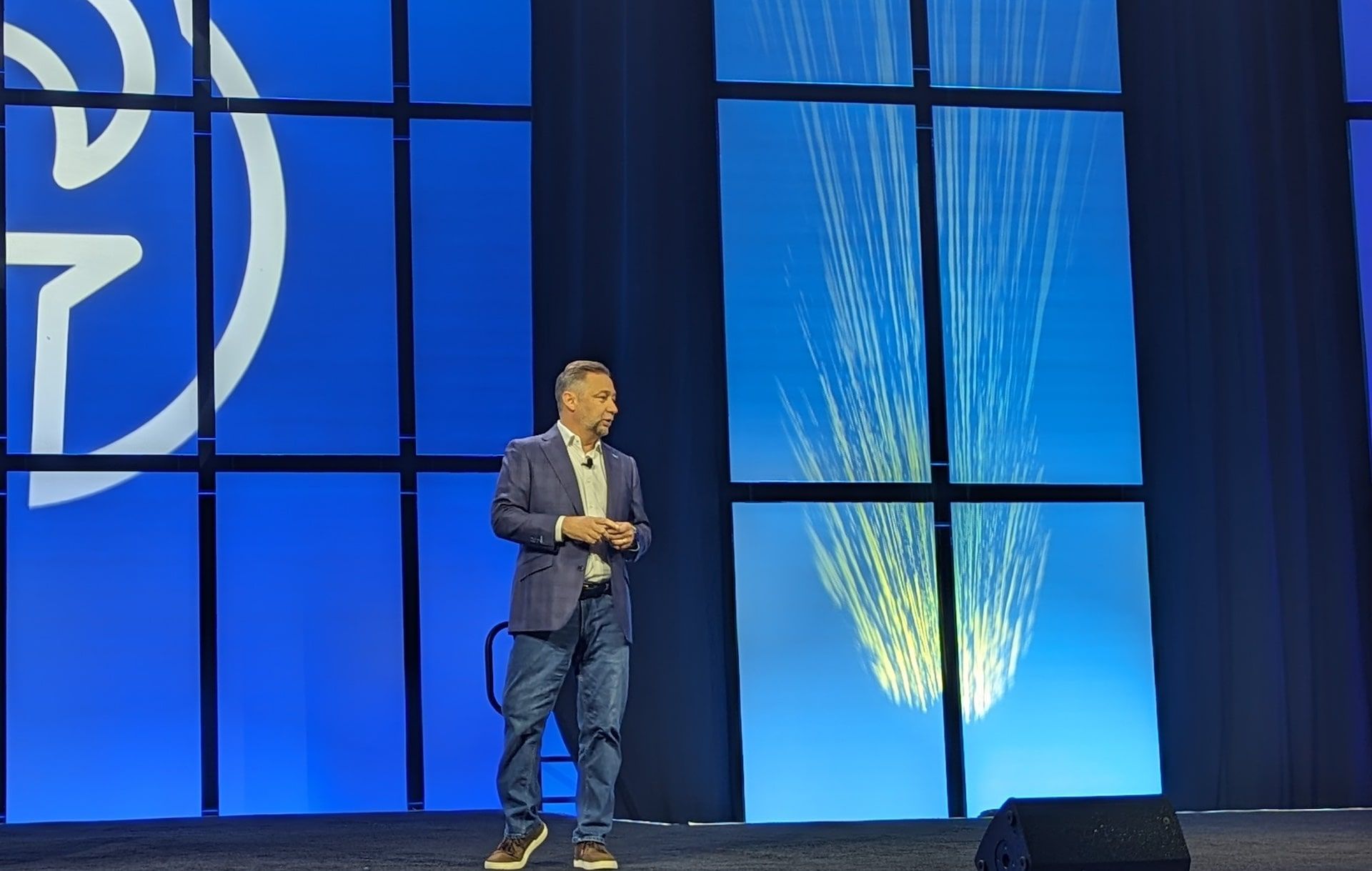
As an entrepreneur, enthusiastic capitalist and business blogger, I've tracked growth-oriented IT companies since 1992. I've celebrated their successes. And documented their best practices.
But sometimes I've wondered: Can too much growth be a bad thing? I'm certainly not the only person pondering that thought. During a GreatAmerica channel partner gathering last week in Iowa, CEO Tony Golobic made this stunning statement:
"Growth is the enemy of excellence and culture."
At first utterance, the statement sounds particularly ironic. After all, GreatAmerica has essentially grown every year since the business launched in 1992. The company offers a range of financial services to VARs, MSPs, telco agents and other types of channel partners. Recent initiatives include Hardware as a Rental (HaaR), which allows partners to generate recurring hardware revenues without taking on undue financial risks.
Avoid the Temptation to Grow At All Costs
A week after visiting GreatAmerica, Golobic's quote -- "Growth is the enemy of excellence and culture" -- continues to echo in my mind. But his true views about business growth require a bit more explaining beyond that sound-bite quote.
Sit down with him, and you'll discover that GreatAmerica values responsible growth -- rather than grow-at-all-cost strategies that burn out the business. He believes growth up to 15 percent annually is manageable. Anything beyond that means you're likely stretching you staff, customer service and corporate culture beyond its ideal performance, he asserts.
Of course, Golobic has the freedom to make such statements because GreatAmerica is privately owned and self-funded. He doesn't answer to angel investors, private equity firms, venture capitalists and Wall Street shareholders.
I also get the sense that Golobic and GreatAmerica's 500 employees have learned the magic word to maintain focus and business performance.
That word, very simply, is "No."
Saying "No" Protects Your Business
Entrepreneurs and geeks love to chase the next shiny object. They love to commit to big, hairy, audacious goals (BHAGs). They say "Yes" to aggressive sales targets. Frankly, they often make commitments they can't keep.
But the best-run businesses know how to say "No." They'll dig in and say "No" when:
- New sales quotes or revenue targets seem especially unreasonable.
- New product or service launches lack proper planning or proper funding.
- KPIs aren't aligned with real-world performance metrics.
Of course you've got to take risks as a business owner. You've got to take leaps of faith that conservative employees would never dare to make on their own. But those leaps have to be within reason -- with well-designed plans, reasonable staffing and sustainable workloads.
A warning: When leaders and employees who have the courage to say "No" leave a business, it's poised for a collapse. Those who remain -- the "Yes" people -- will run it into the ground.
- Yes, we'll pursue unreasonable growth and profit targets.
- Yes, we'll accept unreasonable workloads.
- Yes, we'll make promises to our customers we can't keep.
- Yes, we'll force every product and service onto our customers just to meet our financial targets.
Yes, you're ruining the business.
Avoiding the Hero Trap
Golobic also warns of the Hero trap -- a particularly nasty trap that we've all experienced. It goes something like this.
A project deadline or an IT system experiences a major fire or meltdown. An individual or a group of folks drop everything at a moment's notice. They pull all-nighters to put out the fire and deliver a product or service -- on deadline -- to the end customer.
The customer is thrilled. Your company celebrates the in-house heroes for saving the day.
It's fine if this is an occasional situation in your company. But when it becomes the norm -- major project, major fire, major rescue, major hero celebration -- then you're essentially reinforcing a bad corporate culture. You're reinforcing around-the-clock work ethics to pull off miracles, instead of proper planning and execution based on reasonable workloads.
Bottom line?: Say "Yes" to growth -- within reason. And say "No" to business pursuits that conflict with sustainable business practices. When peers within your company stop saying "No" then you'll know it's time to head for the exits...




